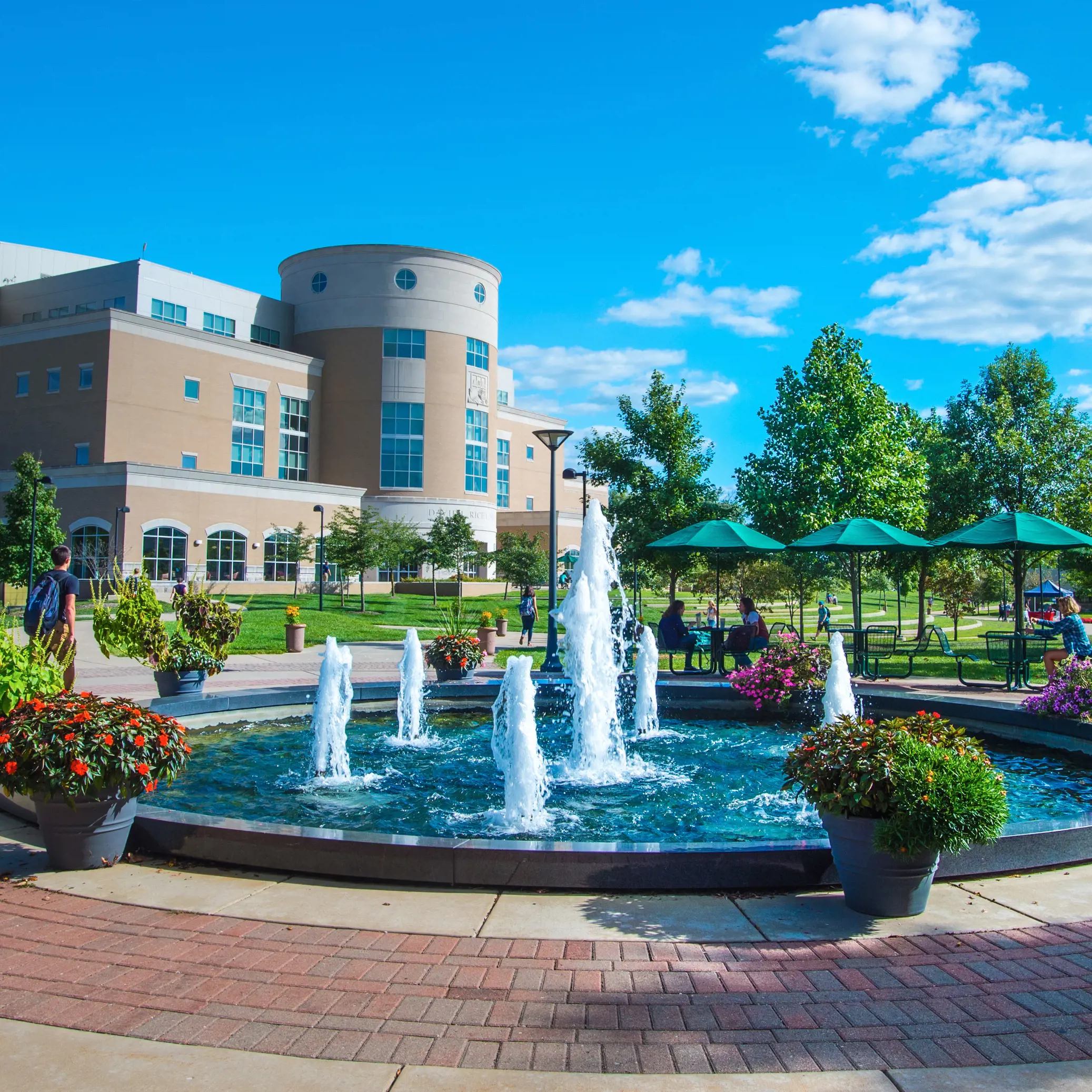
The transition from high school to college presents exciting changes and new challenges for all students. For many students this transition includes moving away from home for the first time. Changes from the structure of living at home to the independence of living away from home, and from the support provided in high school to the expectations and responsibilities in college can be overwhelming for all new students. For students who have a disability, there are several additional factors to consider. At USI students work with the Disability Resources office to get the appropriate accommodations and services in place to ensure access.
At the college level, students are responsible for submitting appropriate documentation of their disability. After documentation is submitted, students can set up an appointment to meet with a disability resources coordinator to discuss accommodations. Students can also find a wealth of support at Academic Skills such as tutoring, supplemental instruction, and help with study skills and organization.
Unlike high school, getting accommodations and services at the post-secondary level is at the initiation of the student. The responsibility for students to become advocates for themselves increases more than ever at the post-secondary level. Students need to be able to communicate their disability and how it impacts and limits major life activities. It is a good idea to get familiar with some of the differences between high school and college for students who have a disability. High school services are geared toward guaranteeing success for students whereas the goal of college services is to provide access.
What is self-advocacy?
Why is self-advocacy important?
When will I use self-advocacy at college?
How can I practice being a self-advocate?